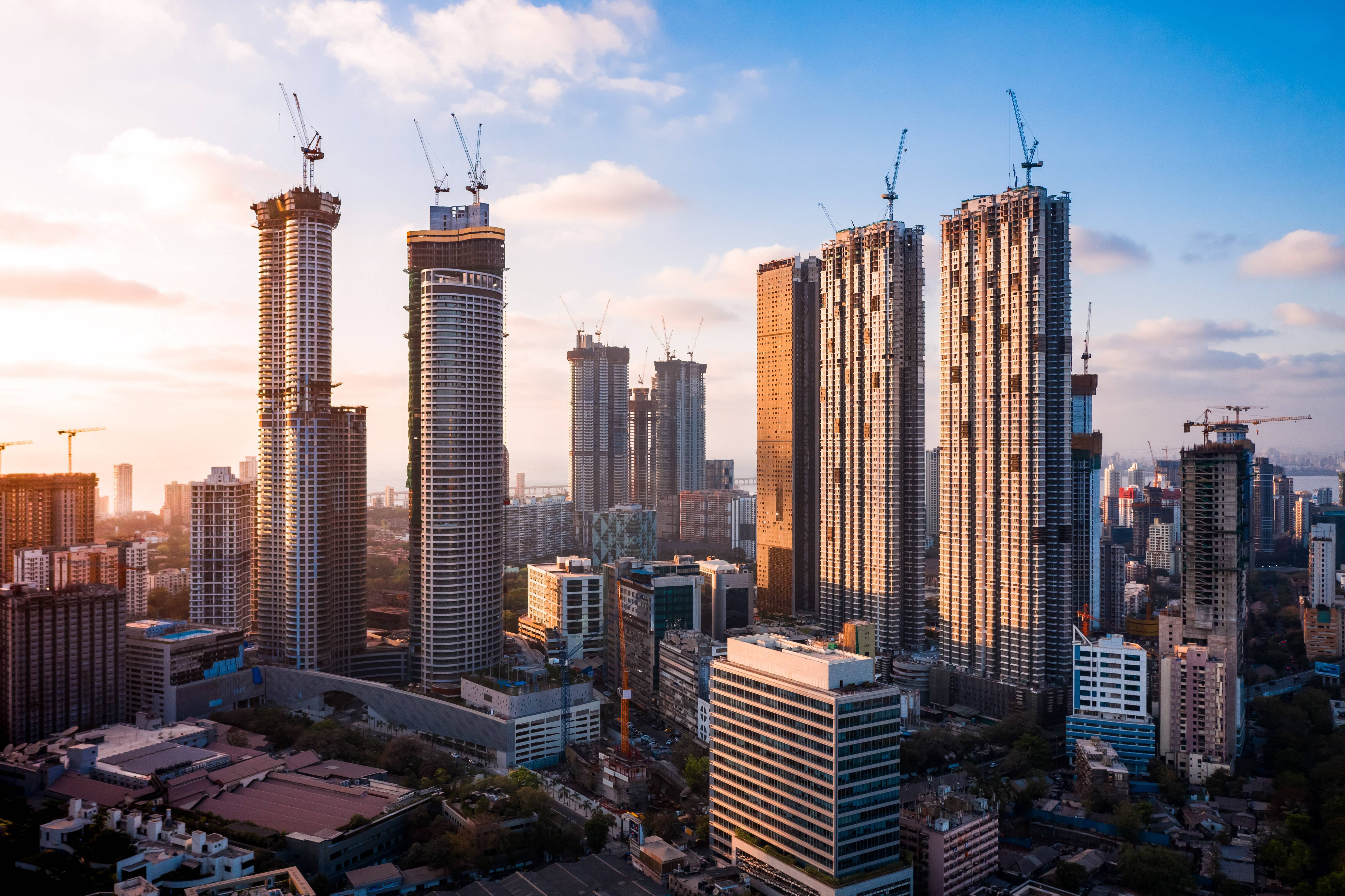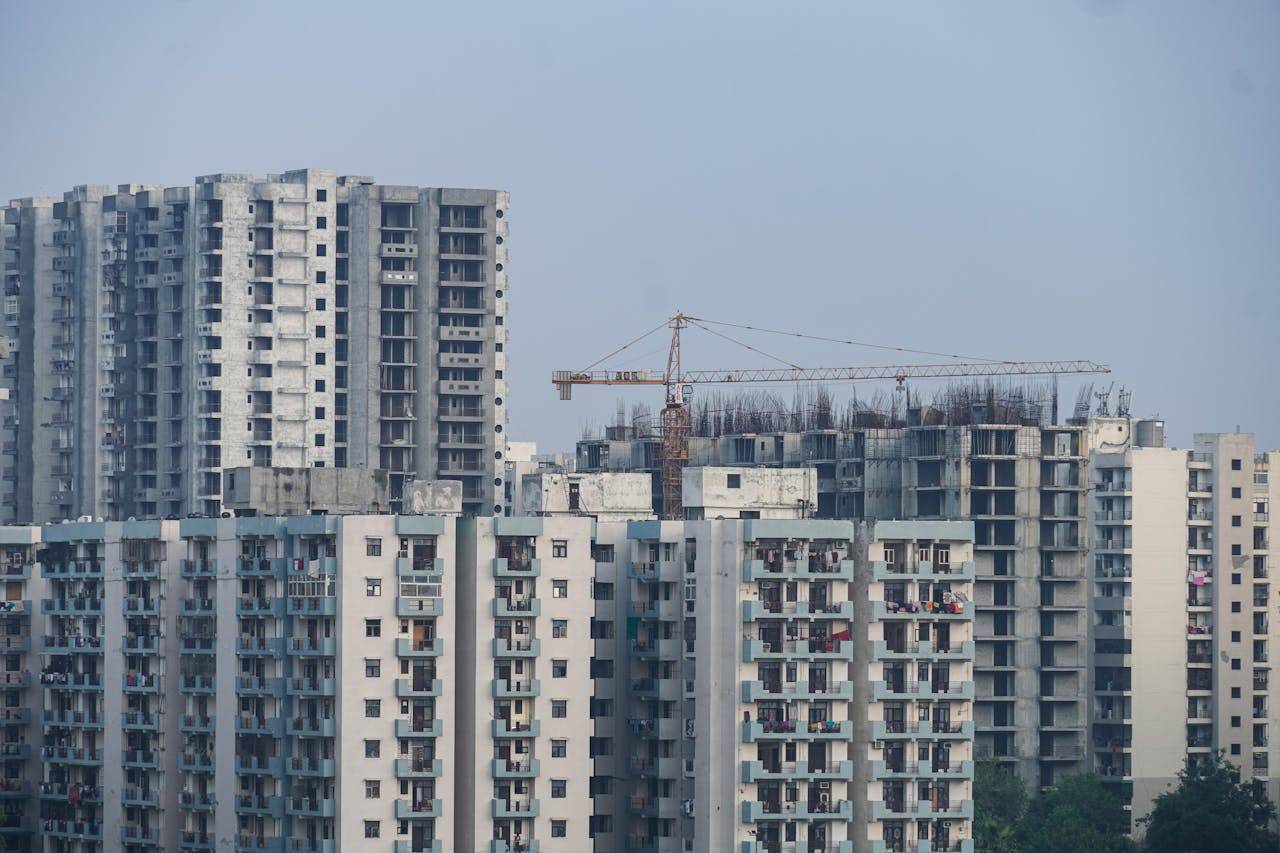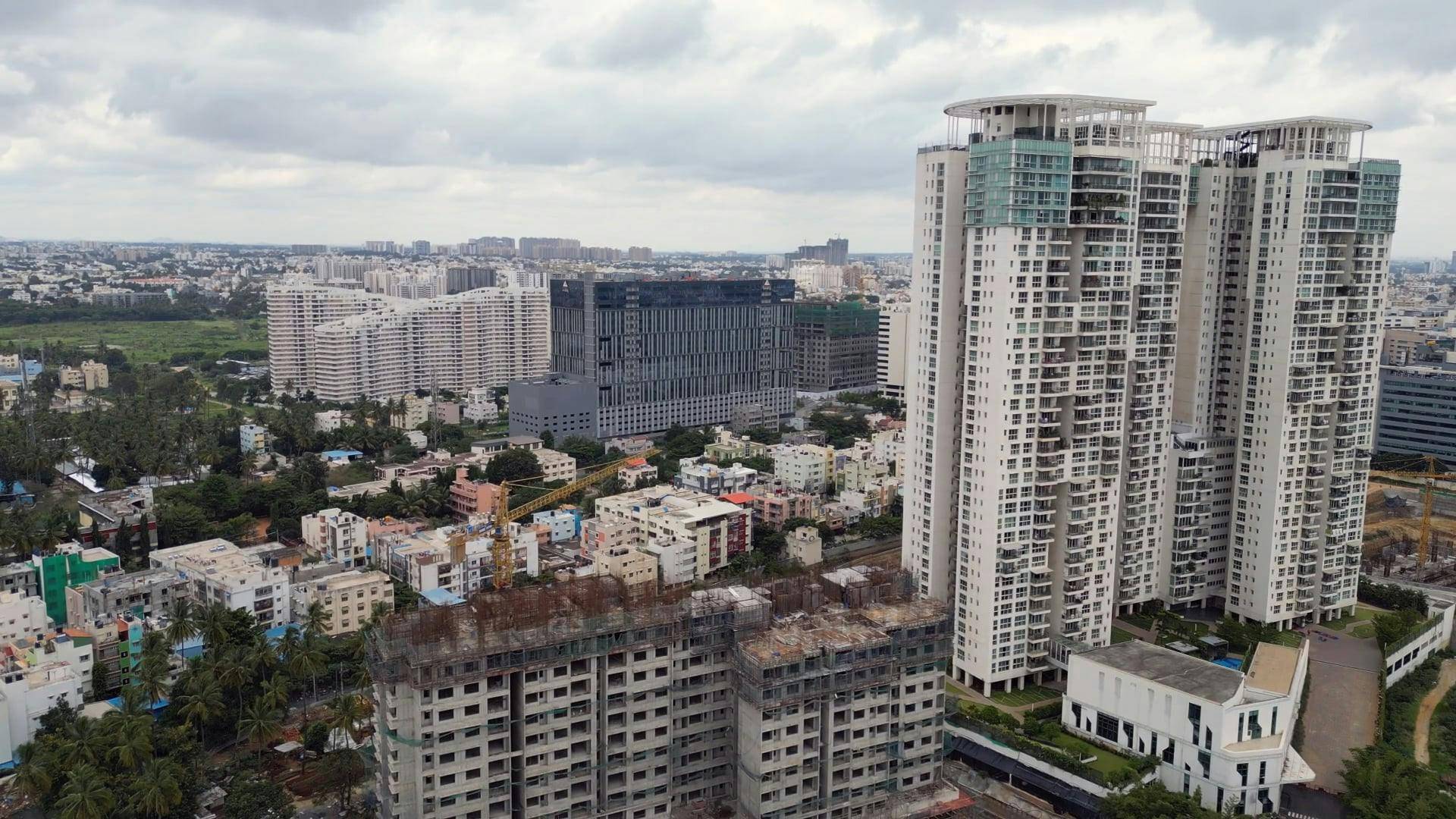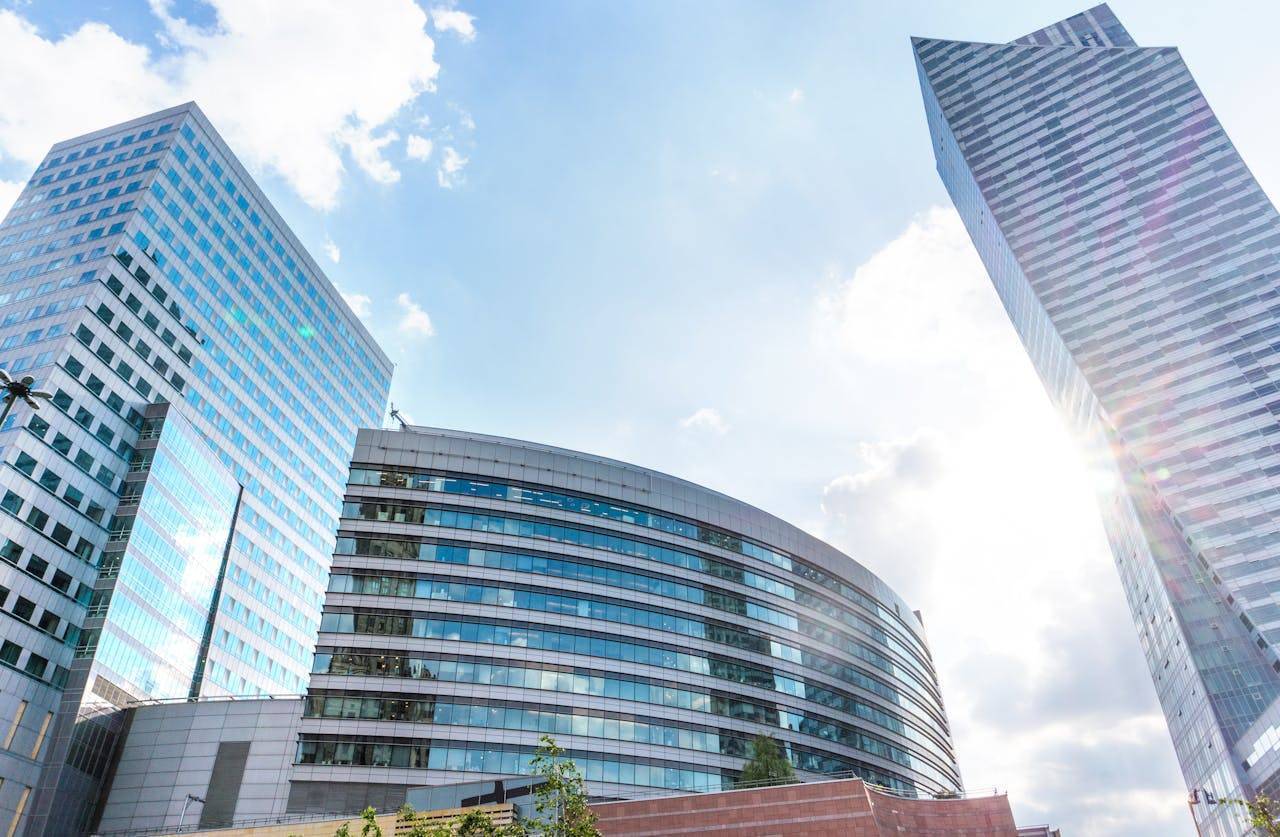India’s residential real estate sector continues to show robust growth momentum, with property registrations across the top eight cities reaching 5.44 lakh units in FY25, marking a substantial 77% increase compared to FY2019, according to data from the Inspector General of Registration (IGR) accessed by Square Yards.
The report reveals that the number of registered residential transactions rose from 3.07 lakh units in FY2019 to 5.44 lakh units in FY2025. This surge highlights the sector's strong recovery post-pandemic, driven by renewed homeownership sentiment and growing buyer confidence in both primary and secondary market segments.
In FY25, primary market transactions accounted for 57% of the total share, while secondary transactions made up the remaining 43%. Notably, the primary market saw an increase from 1.84 lakh units in FY2019 to 3.11 lakh units in FY2025. Simultaneously, secondary market transactions grew from 1.22 lakh units to 2.33 lakh units, indicating a healthy expansion in both segments. The share of secondary transactions has also risen notably — from 38% in FY2019 to 43% in FY2025 — reflecting the increasing appeal of ready-to-move-in homes.
The study covered seven major Indian cities: Bengaluru, Hyderabad, Mumbai, Navi Mumbai, Noida and Greater Noida, Pune, and Thane.
Bengaluru Real Estate: Strong Demand for Ready-to-Move-in Homes
In Bengaluru, approximately 72,000 residential transactions were registered in FY2025. Of these, 54% were from the primary market, fueled by increased new supply from both national and regional developers across the eastern, southern, and northern parts of the city.
At the same time, the secondary market’s share grew significantly — from 31% in FY2019 to 46% in FY2025 — with transaction volumes more than doubling.
The growth was largely driven by rising demand for ready-to-move-in homes, supported by the city’s flourishing IT sector and a steady influx of professionals seeking immediate occupancy, the report noted.
Noida and Greater Noida: Investor and End-User Activity Surges
Noida and Greater Noida markets witnessed a notable uptick in residential transactions, fueled by heightened interest from both investors and end-users ahead of the anticipated opening of the Noida International Airport (Jewar Airport).
Secondary market transactions in these regions increased significantly, with their share rising by 11 percentage points, from 29% in FY2019 to 40% in FY2025.
The report pointed out that while new primary supply remains relatively constrained — mostly limited to the high-end segment — resale properties have become increasingly attractive due to their availability across a wider range of price points.
Mumbai: Secondary Market Dominates but Primary Growth is Strong
Mumbai, India’s largest real estate market, recorded approximately 69,000 secondary transactions in FY2025, up from 36,000 in FY2019.
Despite the dominance of secondary sales, primary market transactions have also surged, almost doubling from around 35,000 in FY2019 to approximately 71,000 in FY2025, supported by the redevelopment of central city areas and new project launches.
The share of secondary transactions rose by 7%, backed by increased buyer confidence amid ongoing infrastructure developments like the Navi Mumbai International Airport.
Market Sentiment: A V-Shaped Recovery
Commenting on the trend, Tanuj Shori, CEO and Founder of Square Yards, said,
"The residential market has witnessed a remarkable V-shaped recovery since the pandemic, as reflected in the sharp rise in annual housing transactions. This strong growth cycle has been largely driven by a renewed preference for homeownership, bolstering primary sales."
He further added that the growing inclination towards ready-to-move-in homes, particularly in established, well-connected locations, has boosted secondary market transactions both in terms of market share and absolute numbers.
Overall, the report paints a positive picture of the residential real estate sector’s health, suggesting strong end-user demand and robust investor sentiment across India's major cities.









.png)